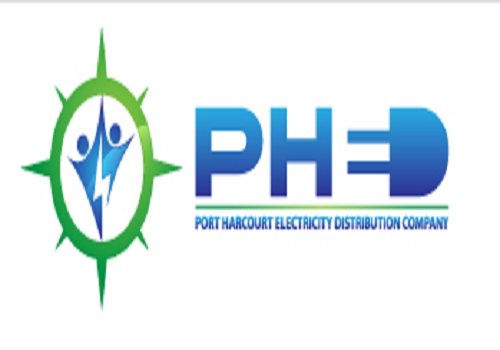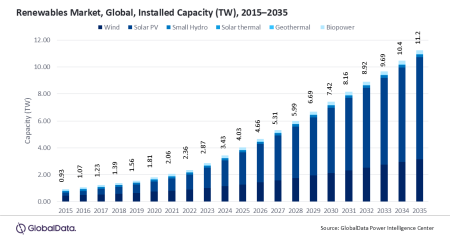 Mkpoikana Udoma
Mkpoikana Udoma
Port Harcourt — The Port Harcourt Electricity Distribution Company, PHEDC, has sought the cooperation and support of customers in Akwa Ibom, Rivers, Bayelsa and Cross Rivers States, over the new tariff through prompt payment of electricity bill for the benefit of all stakeholders in the industry.
The implementation of the new electricity tariff based on the Nigerian Electricity Regulatory Commission’s Extraordinary Tariff Review and issuance of the Multi Year Tariff Order, MYTO 2020 for PHED, took effect from 1st September 2020.
PHED Manager, Corporate Communication, John Onyi, explained that under the new order, customers have been categorized into five bands with differentiated tariff for hours of availability of supply.
Onyi also explained that under each of the bands, customers are further divided into three classes such as maximum demand and non maximum demand customers.
He assured that customers who received between eight and four hours of power supply per day would remain with the old tariff, while the new tariff affects only those who received between 12 to 20hours of supply.
“As per the Order, customers’ tariffs have been categorized into five bands with differentiated tariff for their current hours of availability of supply. Each of these bands has three classes of customers namely Non- Maximum Demand(Non-MD), MD 1and MD 2 which represent customers previously known as residential (single and three phase), schools/churches, and industrial customers respectively.
“For instance, residential customers on band A category who presently are on a minimum of 20hours power supply per day are expected to pay N55.20, while MD customers such as schools, churches, supermarkets and street lights would pay N54.80.
“Also, industrial customers like Manufacturing companies will pay N52.20 in the same category.
“The Band B category, which is customers presently on a minimum availability of 16hours power supply, are accordingly expected to pay an increased tariff as well as band C category representing customers on minimum availability of 12 hours of supply per day.
“Furthermore, customers on bands D and E categories are those experiencing four to eight hours supply per day respectively and would remain on the old tariff structure pending further directive from the Regulatory body.”
In pursuant to the authority given under Section 76 of the EPSR Act 2005, NERC established a methodology for determining electricity tariff in the Nigerian Electricity Supply Industry and subsequently issued a tariff order called MYTO that sets out tariff for the generation, transmission and distribution of electricity in Nigeria.
MYTO introduced in 2008, provides for the biannual review of tariff which is carried out taking into cognisance, changes in exogenous variables outside the control of the NESI such as inflation rates Naira and Dollars exchange rates, gas prices and available generation capacity.
The purpose of MYTO, according to NERC is to set cost-reflective tariffs which will allow the power sector to be properly funded and functional.



